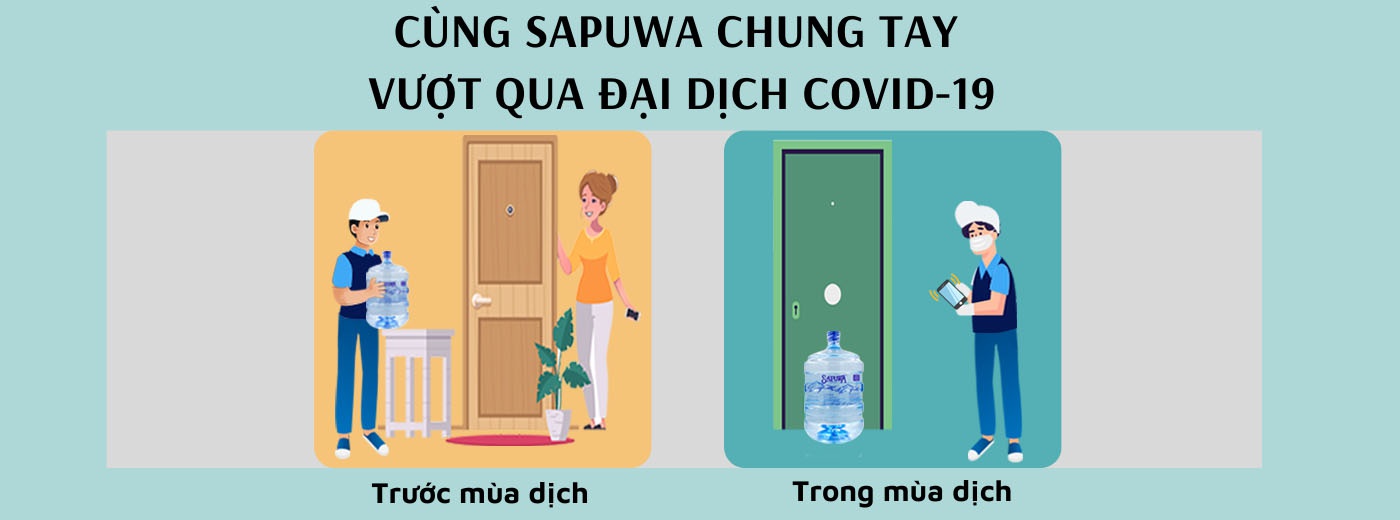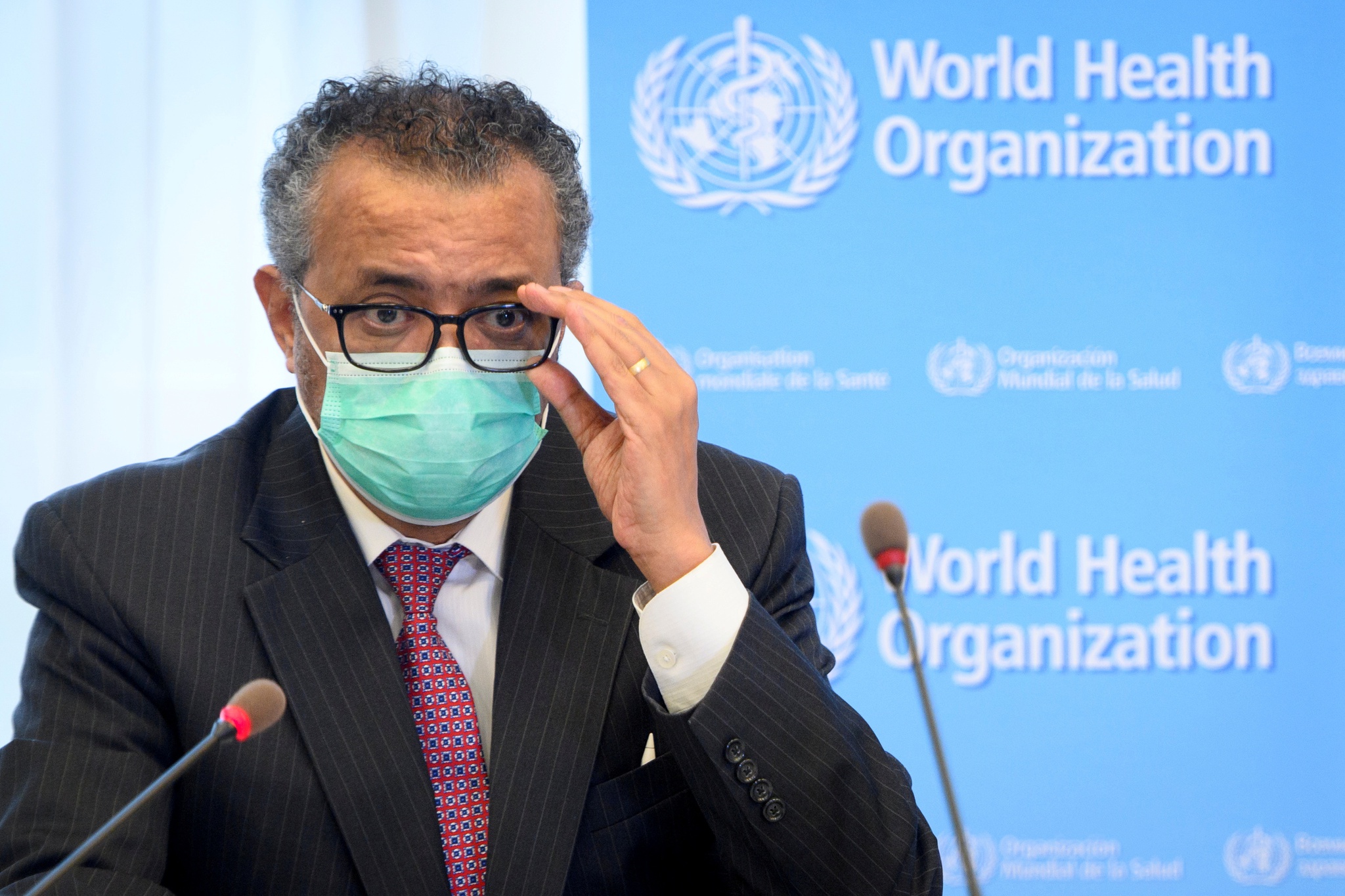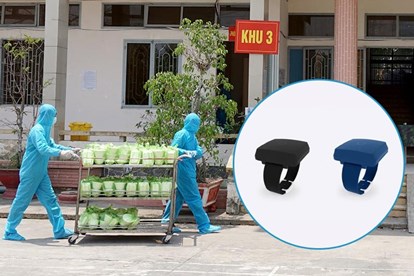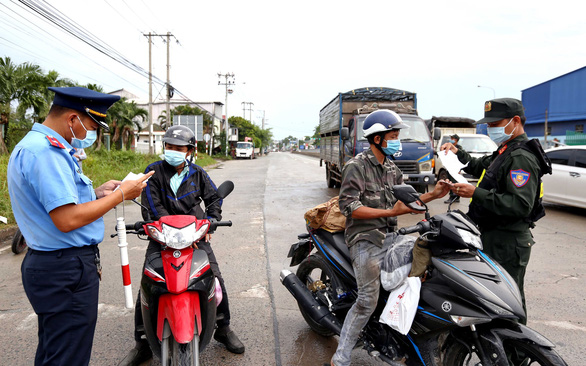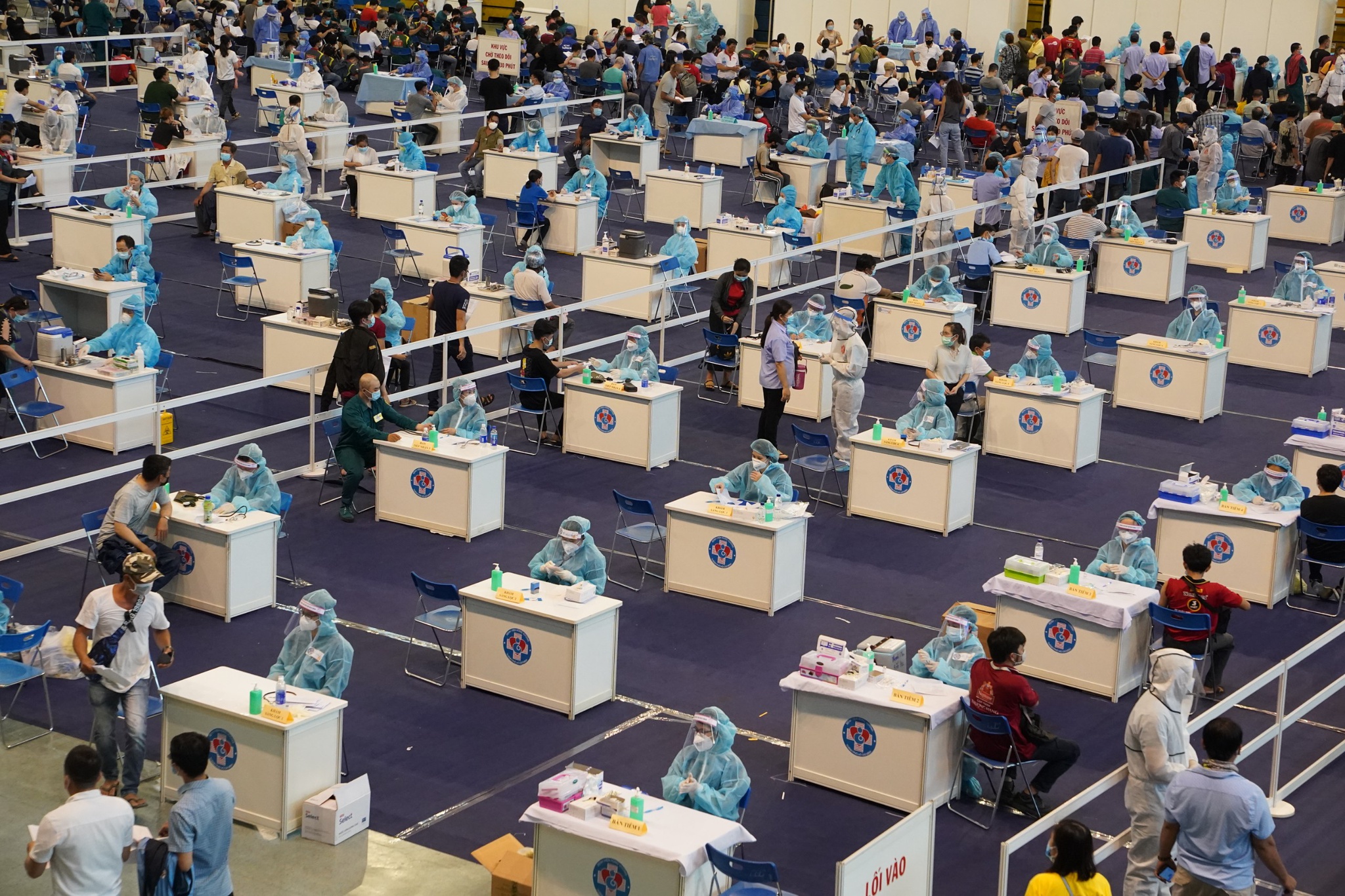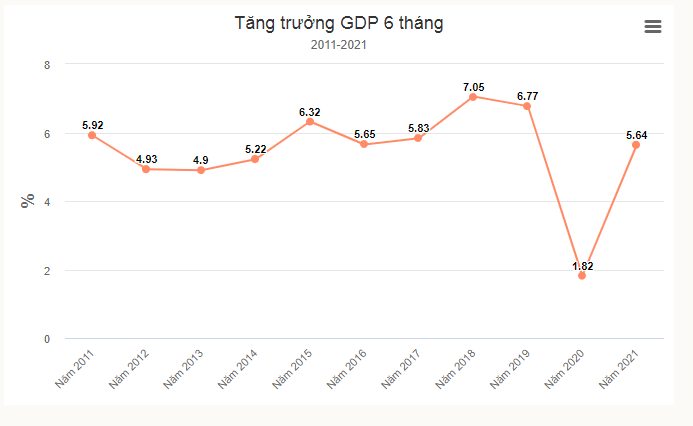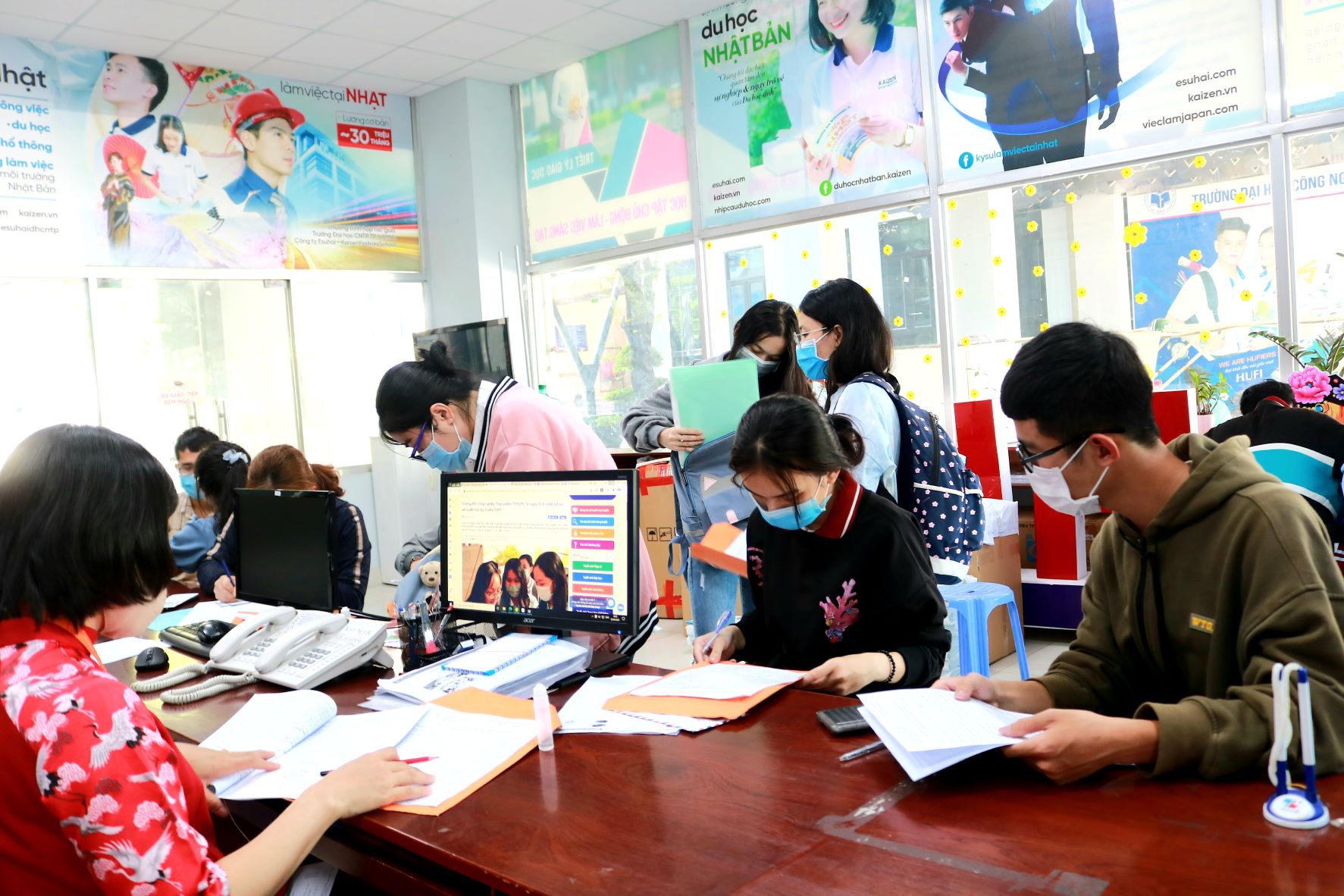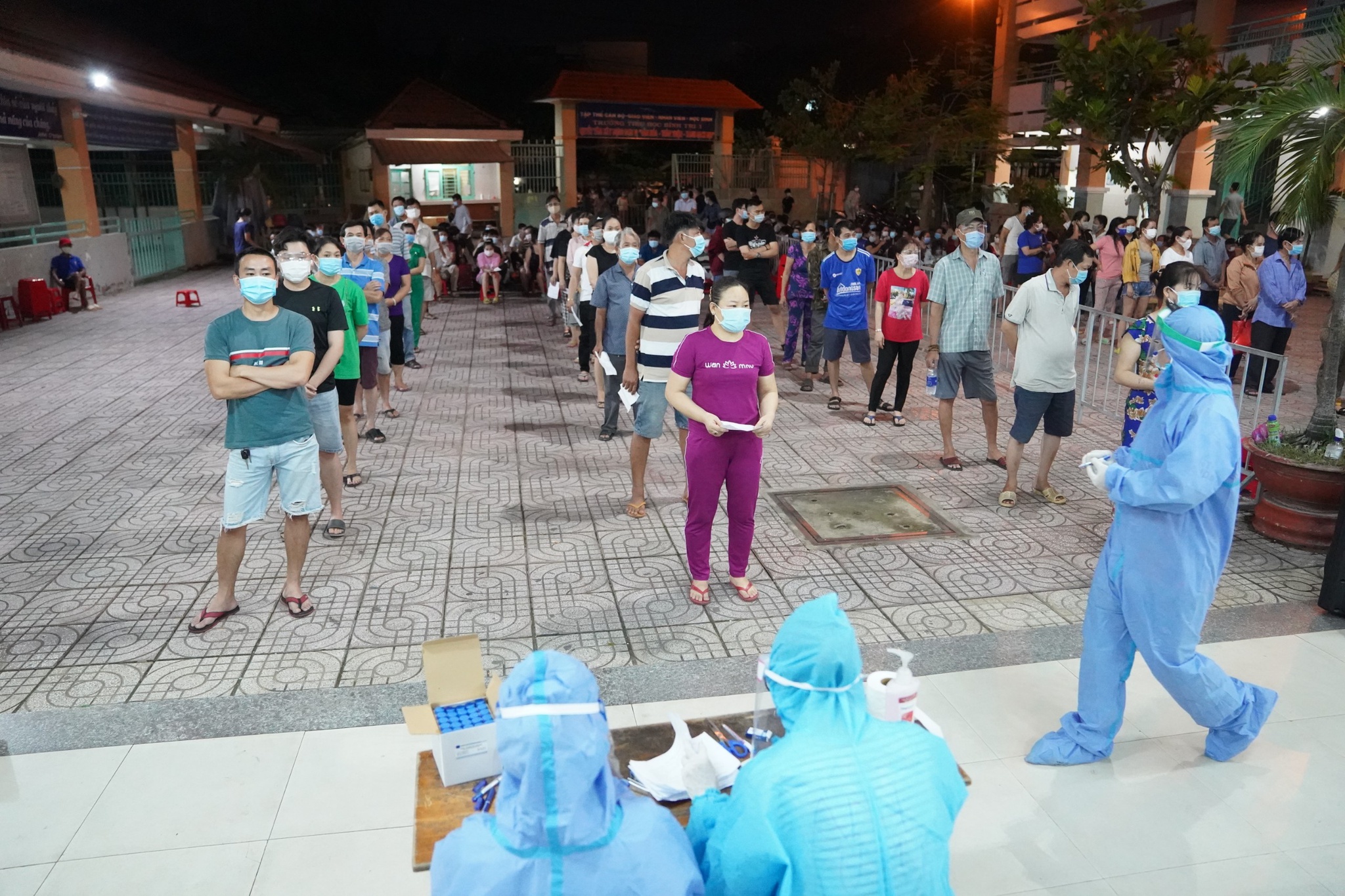THÔNG TIN SƯU TẦM

Out-of-work households £1,600 worse off during Covid-19 due to austerity
.jpg)
The coronavirus pandemic struck as households were still suffering a financial hangover from the last crisis, according to the Institute for Fiscal Studies. Photograph: Joe Giddens/PA
Families falling out of work during the coronavirus crisis will get £1,600 less on average in benefits than they would have done without a decade of austerity imposed by the Conservatives.
Even after taking account of emergency additions to the welfare safety net launched as the virus spread to Britain earlier this year, the Institute for Fiscal Studies (IFS) said benefits for out-of-work households were worth 10% less than in 2011.
A decade on from George Osborne’s first austerity budget in June 2010, the analysis from Britain’s leading tax and spending thinktank showed the impact was worse for families with children. For an average out-of-work household with children, the shortfall jumps to £2,900 a year or 12%, less than was available in 2011 before the cuts kicked in.
Without the temporary changes announced by Rishi Sunak in March to raise the value of universal credit and other benefits to soften the blow delivered by Covid-19, households would have been 15% worse off, and families with children 16% worse off, the IFS said. The changes are due to last for 12 months.
Unemployment is expected to more than double this summer to levels unseen since the 1980s, as the coronavirus crisis and lockdown controls used to contain the spread of the disease trigger the deepest recession since records began.
Despite efforts to gradually reopen the economy in recent weeks, the number of people out of work and claiming work-related benefits has soared by 126% to 2.8 million since the start of lockdown.
Highlighting the scale of the Tories’ austerity drive and the stuttering recovery from the 2008 financial crisis, the IFS said cuts to working-age benefits and tax credits meant low-income households in particular had experienced stalling improvements in living standards.
Finding that the impact was entirely down to benefit cuts, which offset growth in wages over the period, it said incomes for the poorest 10th of households were essentially the same in 2018–19 as they had been five years earlier in 2013–14.
The thinktank warned that Britain entered the coronavirus crisis with a less generous welfare safety net, and after the worst decade for income gains for households since comparable records began in the 1960s.
Pascale Bourquin, research economist at the IFS, said: “The years following the great recession [2008 financial crisis] do not provide a good blueprint for a bounce-back: in the last decade, we have witnessed the slowest growth in household incomes since records began as earnings and productivity stalled and working-age benefits were cut sharply.
“We now have the dual challenge of trying to recover the ground people have lost in their careers and employment prospects, and addressing the problems we already had.”
Helen Barnard, acting director of the Joseph Rowntree Foundation, which funded the IFS research, said the government’s levelling-up agenda was now more important than ever and could not be left to drift as the country grapples with the coronavirus crisis.
“Finding a lasting solution has taken on a new urgency as the crisis has shown how close many of us are to being swept into poverty when circumstances change,” she said.
A government spokesperson said: “Throughout the pandemic our wide-ranging and generous support package has protected millions of jobs and livelihoods, with generous income support schemes, billions paid in loans and grants, tax deferrals and more than £6.5bn injected into the welfare safety net.
“As we focus on fighting Covid-19 we remain absolutely committed to helping every part of the country return to growth, jobs and prosperity in a way that is safe. This means levelling up communities who have felt left behind and truly delivering for every region and nation of the UK.”
Source: theguardian.com
Collected by My Nguyen
Tổng giám đốc WHO: Chưa thể loại trừ khả năng Covid-19 rò rỉ...
Người đứng đầu Tổ chức Y tế Thế giới (WHO) ngày 15.7 cho biết vẫn còn quá...
Một tuần đi qua
Vậy là đã qua được một tuần cách ly toàn TP.HCM theo chỉ thị 16
Khổ vì giấy xét nghiệm Covid-19
Ngày 5.7, tại cuộc họp trực tuyến của Ban Chỉ đạo quốc gia phòng, chống...
TP.HCM đề xuất giám sát người cách ly tại nhà bằng thiết bị...
Sở Thông tin và truyền thông TP.HCM vừa có văn bản đề xuất UBND TP.HCM về...
Không 'đóng cửa' nhưng sẽ kiểm soát chặt chẽ người ra vào...
TP.HCM không đóng cửa hay phong tỏa nhưng sẽ kiểm soát chặt chẽ người ra vào...
TP.HCM: Chiến dịch tiêm 836.000 liều vắc xin Covid-19 kết thúc hôm...
Tính đến hết ngày 29.6, TP.HCM đã tiêm trên 805.000 liều vắc xin Covid-19 trong...
Tại sao 'gánh' dịch, kinh tế vẫn tăng trưởng gấp ba cùng kỳ
Con số GDP 6 tháng tăng 5,64% khiến giới phân tích bất ngờ bởi 2 quý vừa qua,...
Đề nghị Astra Zeneca chuyển cho Việt Nam 10 triệu liều vaccine
Lãnh đạo Chính phủ đề nghị Công ty AstraZeneca tạo mọi điều kiện thuận...
Dịch Covid-19 lan mạnh: Không thi mà xét tốt nghiệp, trường ĐH...
Trước những mong muốn của thí sinh, phụ huynh tổ chức xét tốt nghiệp thay vì...
Dịch vẫn lan nhanh, TP.HCM cần thêm 'thuốc mới'?
Số ca nhiễm tại TP.HCM vẫn tăng lên, ở mức 3 con số mỗi ngày, dù đa số ở...
Trưởng đại diện WHO tại Việt Nam: Người dân TP.HCM hãy tuân...
Theo TS Kidong Park, vai trò của vắc xin trong việc kiểm soát ổ dịch cấp tính còn...
344567942350826358571066.jpg&w=1400&h=520)
522608805487.jpg&w=1400&h=520)


